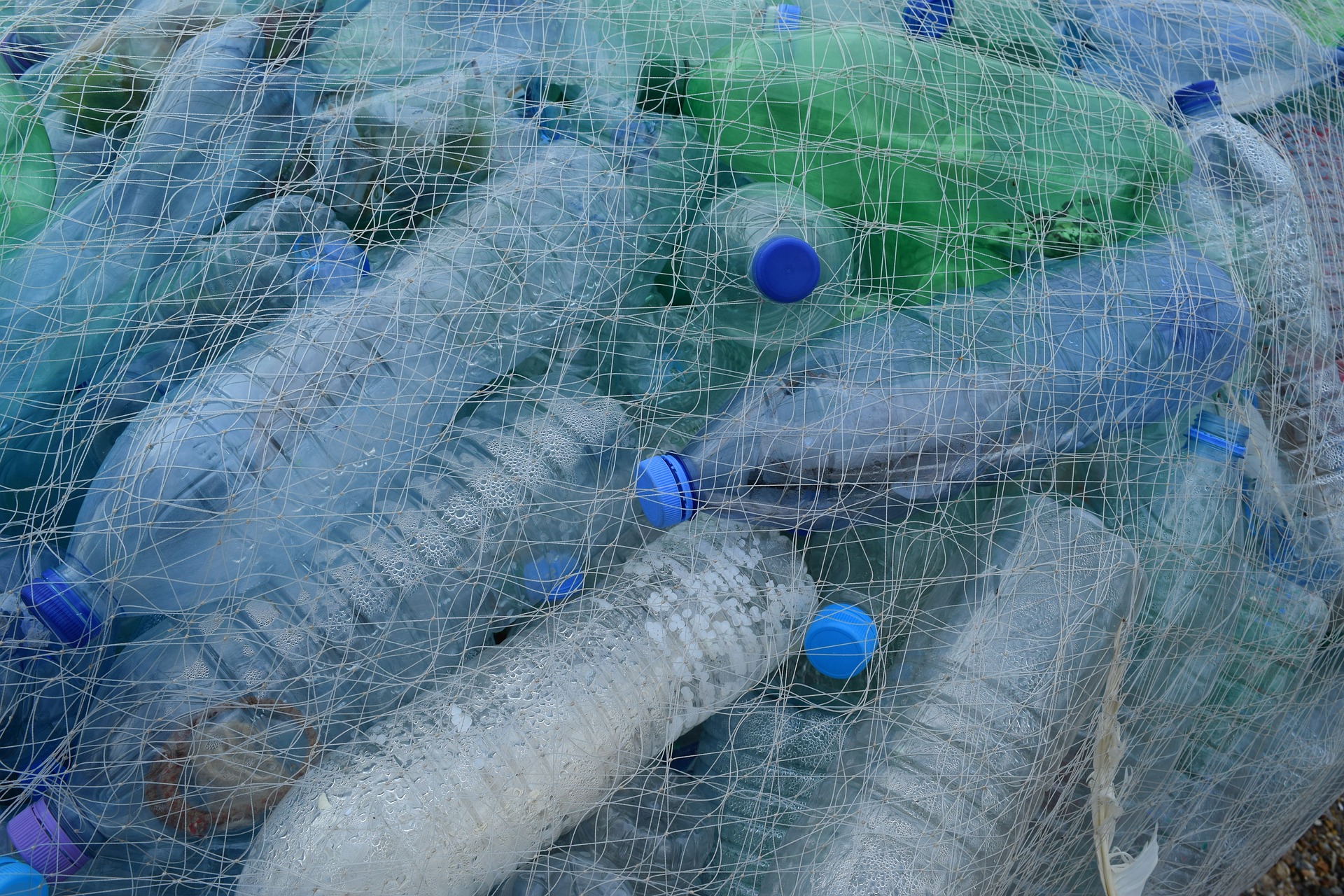WUR students working on the waste problem in Living Lab Lake Toba
Students from Wageningen University have studied how to improve organic waste flows in the tourist region around Lake Toba in Indonesia. Together with waste management and Waste4Change, they have developed a strategy to add value to organic waste for relatively low investments.
Organic waste is a major problem in this region due to political, economic and socio-cultural obstacles. For example, there is too little government budget for a good waste management system, there are hardly any rules, the existing rules are hardly enforced, there is a lack of infrastructure for waste, and poor communication means no knowledge the population and tourists. The latter is striking because the original Batak inhabitants were very conscious with their waste and, for example, never threw waste into the lake.
This project is part of the Living Lab, in which CELTH Hogescholen, NHL Stenden, Breda University of Applied Sciences and HZ University of Applied Sciences work closely with Nuffic Neso Indonesia to develop Lake Toba into a sustainable tourist destination.
By far the most important recommendation is to implement organic waste management that is economically sustainable and environmentally friendly. The current method of composting organic waste is reasonably effective, but the compost yields hardly anything and is therefore not an economically sustainable solution. That is the breeding of so-called BSF larvae. Those larvae can be sold to farmers as animal feed. In contrast to another solution, which is to produce biogas, the investments for BSF larvae are much lower. The Lake Toba Clean Movement has already started a pilot in the region.
The students also advise introducing and enforcing local waste regulations, making the population aware of their role in dealing with waste responsibly, getting more companies to join a CSR program and improving the waste infrastructure by making more waste trucks available. and place more waste bins and containers.
They hope that their report will provide the impetus for a long-term strategy on waste in the region. The complete final report is online available or read the Afvalzorg news item.



